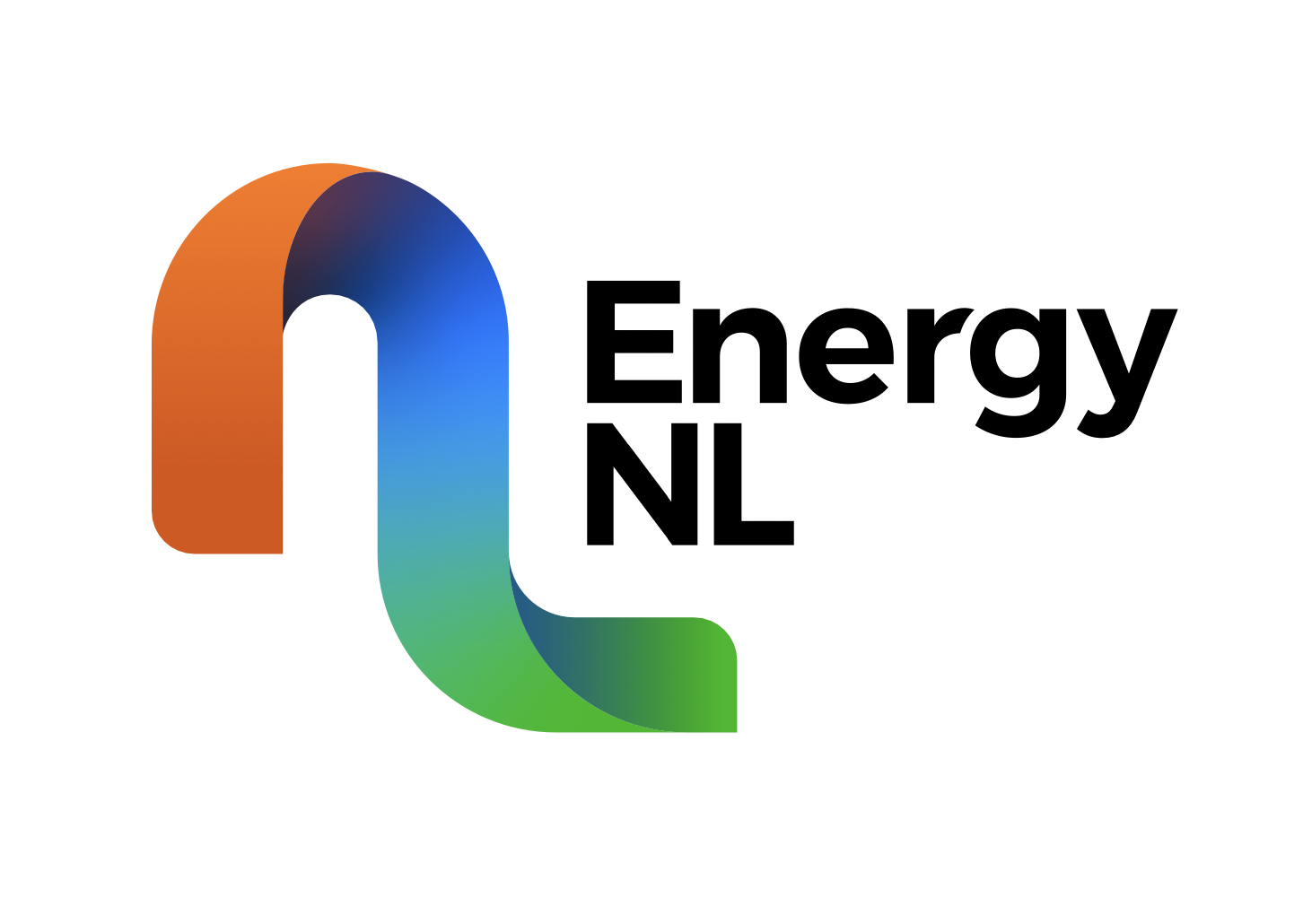OPEC+ relations are likely to be strained as prices continue to rise, oil demand increases, and the more financially distressed oil producers look to take advantage of increased prices in the short-term as well as a higher outlook for prices between now and the end of 2022.
That’s what Matthew Bey, a Stratfor analyst with RANE, told Rigzone recently, adding that Russia and Iraq in particular will push OPEC+ to increase production more quickly, and perhaps even move up the April 2022 ending date for the group’s current pact, depending on how quickly demand recovers.
“Countries involved in the OPEC+ agreement all have differing priorities,” Bey told Rigzone.
“Russia will be concerned that a long-term sustained increase in oil prices above $65 per barrel or $70 per barrel will only quickly re-incentivize investment into production elsewhere, including the United States, that could undermine,” he added.
“Saudi Arabia, on the other hand, is likely to prioritize a more restrained approach to exiting the deal over fears of a quick collapse in prices even though it will share some of the similar concerns about price spikes in the medium term driving investment into new production elsewhere,” Bey continued.
Emma Richards, a senior oil and gas analyst at Fitch Solutions, said higher oil prices will likely incentivize cheating in the group, which could strain relations.
“While headline compliance has been consistently high, there’s already a marked divergence between the over- and underperformers in OPEC+ and those divergences are only likely to widen over 2021,” Richards told Rigzone.
“That being said, there were already strains apparent in the group, in particular due to disagreements over the pace at which the deal should be unwound. The higher that oil prices rise, the more likely it is that we see a consensus build for a more rapid release of cut barrels back to market,” Richards added.
Andy Brogan, EY’s global oil and gas leader, said he didn’t think the recent oil price rise strains the OPEC+ relationship as such, but added that it does mean the topic of increased production, which had been shelved until the second half of the year, will come back on to the agenda now.
“Ultimately OPEC+ is keeping its eye on inventory levels as the best guide to how it should act and that probably won’t change until levels are back in a place consistent with a sustainable medium term price level,” Brogan told Rigzone.
The price of Brent crude oil has steadily risen from under $40 per barrel in October 2020 to around $64 per barrel at the time of writing. OPEC+’s next meeting is scheduled to take place on March 4 via videoconference.
—
Source: Rigzone | This text was excerpted from the media outlet cited on March 2, 2021 and is provided to Noia members for information purposes only. Any opinion expressed therein is neither attributable to nor endorsed by Noia.






